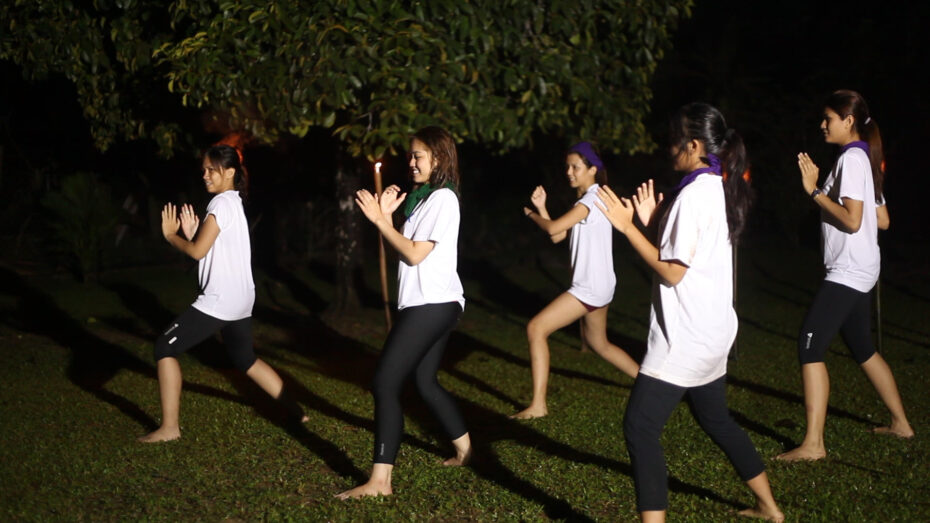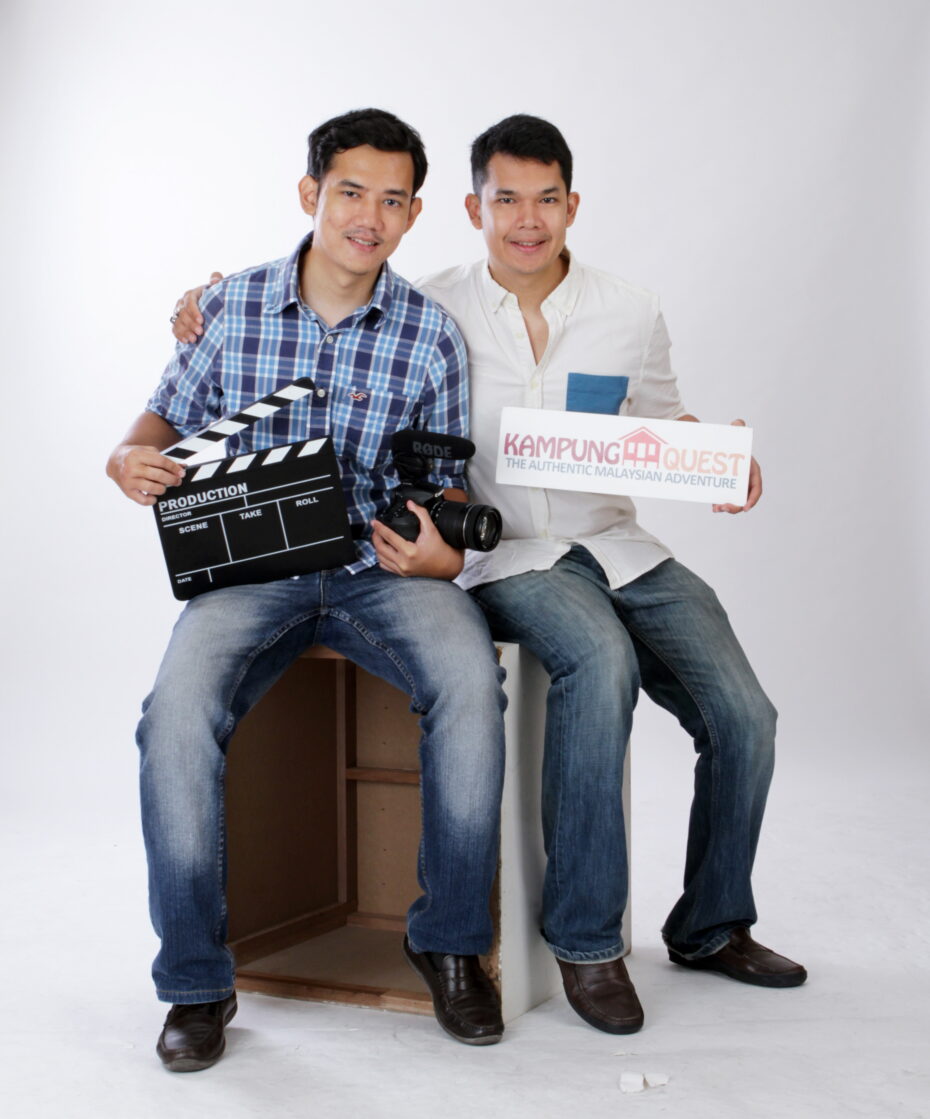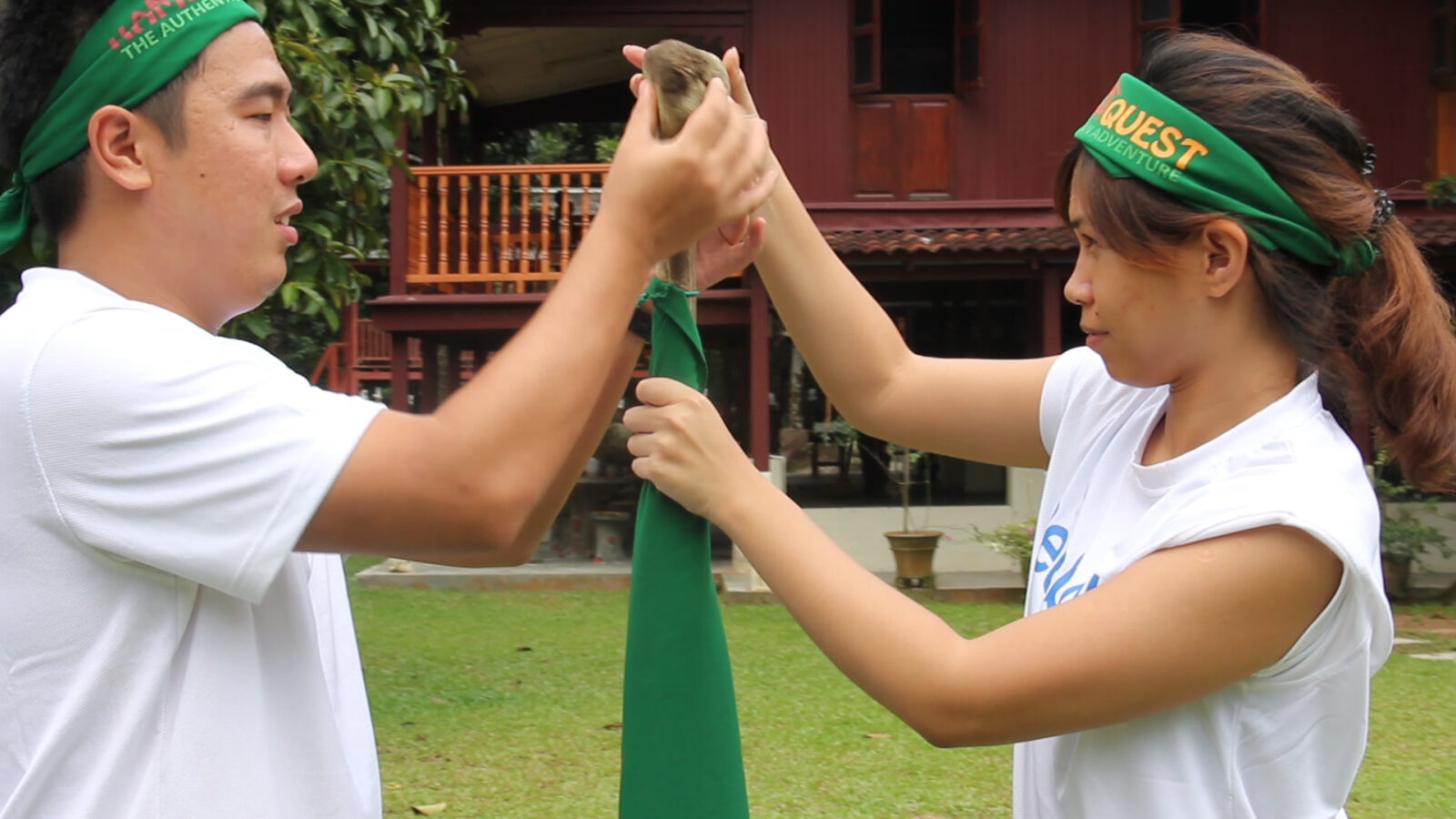WOULD you be able to tell the difference between coconut milk and soya bean? Or keropok lekor and papadum? Well, some of the urban Malaysians on season one of Kampung Quest couldn’t.
Inspired by reality shows Survivor, The Amazing Race and Big Brother, Kampung Quest – currently in its second season – takes 10 urban Malaysians to a kampung setting for seven days where they face each other in physical, mental and social quests which are culturally-themed.
At the end of each day, the losing team heads to the campfire to vote one of its members out, while the winning team enjoys the comfort of hot showers and cozy beds in the kampung house they’ll be staying at during the competition. The losing team has to sleep in a tent outside.
It may sound gruelling, but according to the show’s creator, Feisal Azizuddin, 28, it elicited a sense of unity as the participants put religion and race aside to come together as a team to complete their tasks.
“It was an eye opener because we thought it was probably the truest form of 1Malaysia,” said Feisal.
His brother, Iskandar, the 29-year-old executive producer of Kampung Quest, added: “We realised some of Malaysian urbanites are really, really detached from our traditions and what kampung life is all about.”
The show’s tasks were built around cultural elements such as the hunting weapon sumpit, traditional martial arts silat and folklore about Si Tanggang. Other quests included identifying the different types of durian and taking ribbons from the horns of goats. This exposure does not only educate the contestants, but viewers as well.

Humanitarian causes crept into the proceedings as well. In the first season, the contestants were brought to Fugee School, an education centre for refugee children in Malaysia established by former Miss Malaysia Deborah Henry and Shikeen Halibullah. They donated toys, furniture and books to the less fortunate as a way of giving back to society.
Viewers can expect to see all of that in season two, which according to Feisal, will be tougher and on a larger scale. Just like the first season, 10 contestants have been selected and the production team is currently creating props and building the sets for filming next month. It’ll be shot at three different locations in Selangor and Pahang.
The production for season two has set the brothers back by RM200,000, which is a whole lot more than the paltry RM60,000 they forked out for season one. And they’re not expecting anything in return, either.
“Season one was a pilot season, which means we did not intend to make any money out of it – and we didn’t. We put in all our money to show that we’re passionate in what we do, and that’s why we’re doing the second season,” said Iskander.
He admitted taking the first step to starting a production company is usually the hardest, and there’s no turning back once you’ve started. Perseverance is key, especially for the first two to three years.
“We told ourselves we’d be doing Kampung Quest for the next five years. We’re not going to quit just because we can’t sell the first season or because it’s difficult to get funding. If we stop after season one, the brand is just going to disappear,” explained Iskander.
“You just got to keep on trying and at some point, someone will say, ‘You know what, I’ll sponsor your show’.”

The brothers are hoping to broadcast their show on television as Kampung Quest is currently aired on their official website (kampungquest.com) and YouTube. The online platform has garnered a viewership from countries such as Indonesia, Brunei, Singapore and Thailand.
“We need to expand. We’re slowly, but surely, getting the brand out there in every way possible,” asserted Feisal.



Leave a reply